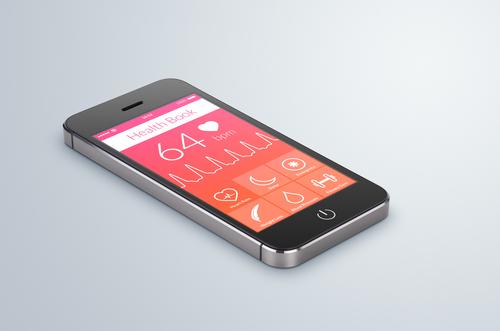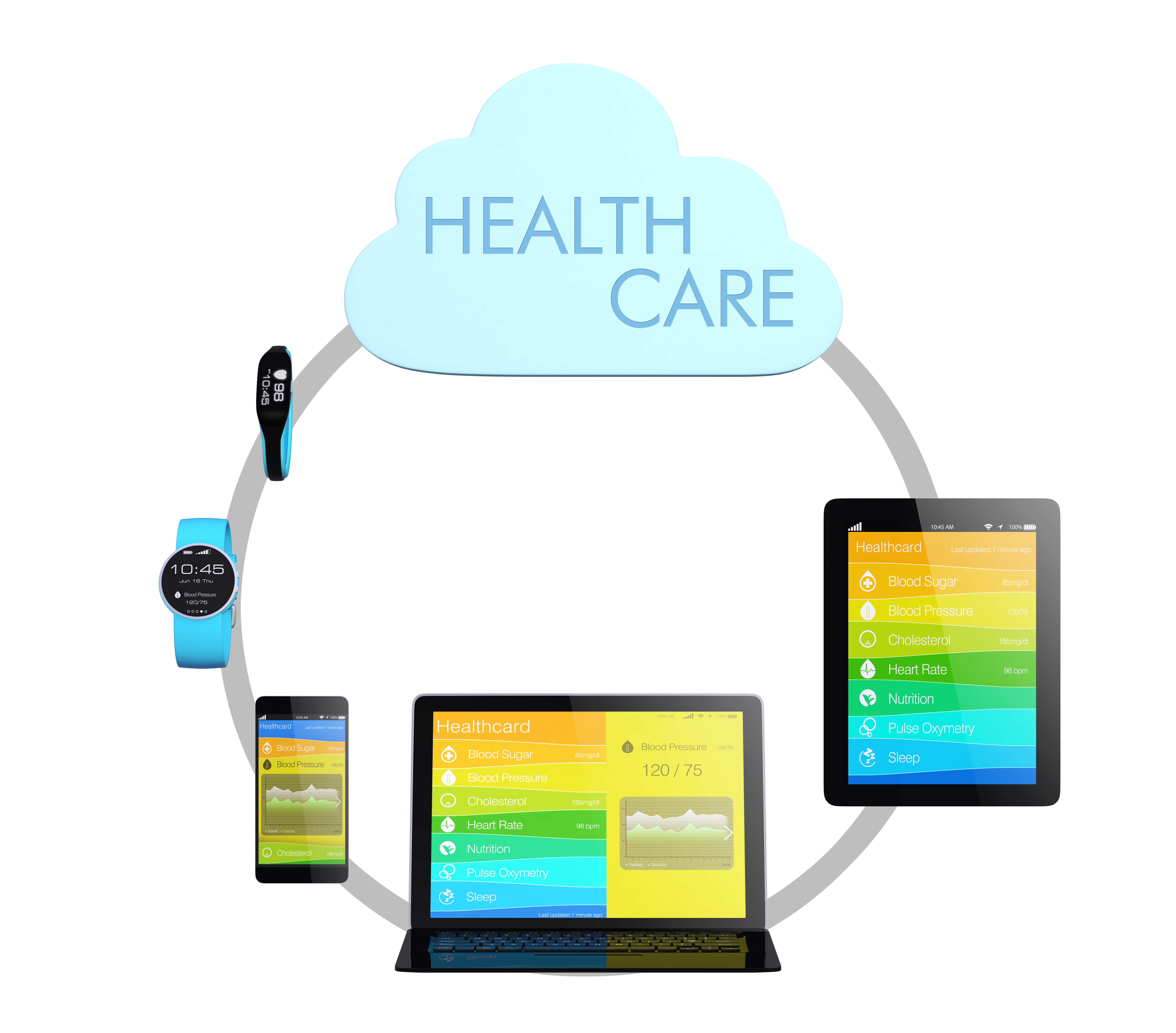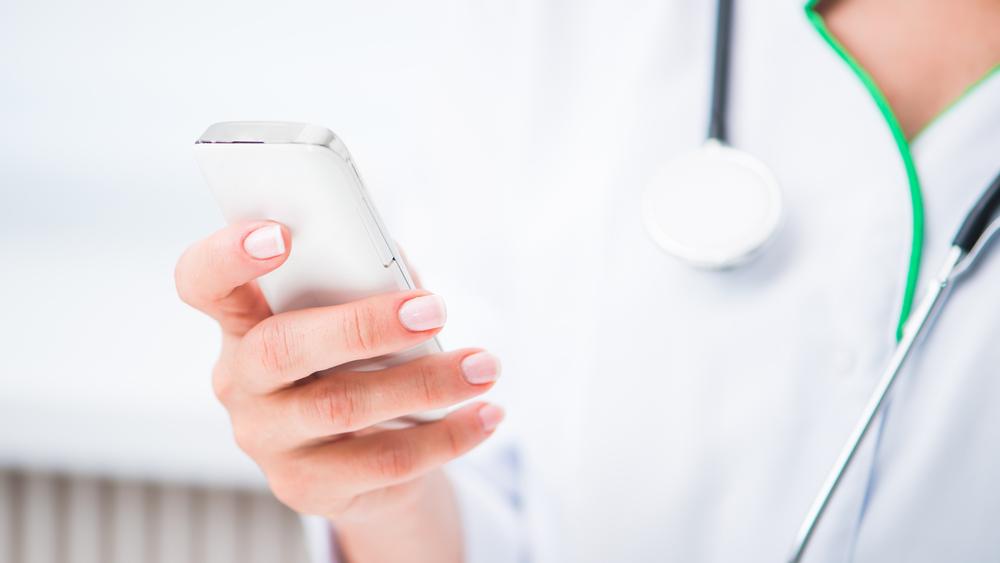The ubiquity, cost effectiveness and personalisation of mobile devices are providing unforeseen opportunities to deliver health-related services quickly, cheaply and efficiently.
mHealth refers to the practice of offering health services and health-related information using mobile devices such as phones, tablets, PDAs (Personal Digital Assistants) and wireless infrastructure.
mHealth is a fast emerging sub-domain of digital health technology with far reaching implications for the entire healthcare ecosystem.
Mobiles devices are the world’s most pervasive technology platform with more than 5 billion people using them.
According to a survey by the analyst firm Berg Insight, the number of people using mobile monitoring devices with integrated cellular connectivity crossed one million by the end of 2012 and will reach 7.10 million by the end of 2017.
 Various mHealth pilot studies, especially in low and middle income countries, have proved their utility and quantifiable impact.
Various mHealth pilot studies, especially in low and middle income countries, have proved their utility and quantifiable impact.
With the Middle East, Africa and Asia registering the highest mobile penetration growth rates, mHealth applications will be increasingly relevant in those areas.
The ubiquity, cost effectiveness and personalisation of mobile devices provide unforeseen opportunities to deliver health-related services impacting all aspects of healthcare ecosystem.
Mobile monitoring devices
mHealth empowers individuals to adopt healthier lifestyles using mobile monitoring devices to manage chronic diseases better allowing real time feedback.
By owning and controlling their digital health data, they would be more aware of and more in control of their physical and emotional well-being.
Treatment compliance and mHealth
Various small scale pilot studies have successfully demonstrated that mHealth solutions can be used to increase treatment compliance.
Diabetic and cancer patients wearing mobile monitoring devices that monitor medication schedule have shown greater adherence to treatment guidelines.
Geographic reach of healthcare
Digital health advances extend the reach of existing health-related services to greater number of people in wider geographic areas at all economic levels in a cost effective manner.
Remote data collection, remote patient monitoring, telehealth and other mHealth applications have already made their impact in healthcare delivery.
mHealth projects
mHealth projects that were part of the United Nations Millennium Development Goals used mobile health devices to collect and share health-related data cheaply, quickly and efficiently and this helped governments and organisations to identify the location and intensity disease outbreaks such as malaria, TB and Avian Flu.
mHealth solutions are being used to collect and share the evidence of medication to determine and demonstrate efficacy of the treatment.
This has been very helpful to estimate the efficiency of medication and digital health approaches and calculate the return on investment.
The United Nations optimised its HIV/AIDS programs in Africa and Asia using the data gleaned from mobile monitoring devices that were distributed to the patients.
Mobile monitoring devices with Alerting Systems
 At the caregiver end of the ecosystem using mobile monitoring devices enables Smart Alert Systems that notify physicians via a cloud-based platform when a patient is not taking his or her medications and an intervention is necessary.
At the caregiver end of the ecosystem using mobile monitoring devices enables Smart Alert Systems that notify physicians via a cloud-based platform when a patient is not taking his or her medications and an intervention is necessary.
These mHealth devices have lessened the burden on healthcare personnel who are overwhelmed from having to support too many people.
Such digital health solutions have also reduced the high costs of emergency medical care interventions.
Future healthcare resourcing
In affluent societies such as the Middle East where life expectancy levels will extend to 100+ years in the coming decades, mHealth technology solutions will be increasingly used to make up for the shortage of skilled healthcare personnel.
Many governments and organisations have already been investing heavily in that direction.
As it matures, mHealth technology will emerge as a key factor in affecting a fundamental transition of healthcare.
Moving from a physician-centric, reactive approach to person-centric, proactive and preventive model will change the current healthcare resourcing market.
There is an urgent need to educate various stakeholders of healthcare ecosystem from physicians and patients to organisations and governments to adapt to this disruptive paradigm shift.
Log in or register for FREE for full access to ALL site features
As a member of the nuviun community, you can benefit from:
- 24/7 unlimited access to the content library
- Full access to the company and people directories
- Unlimited discussion and commenting privileges
- Your own searchable professional profile


.jpg)


.jpg)



.jpg)
.jpg)
